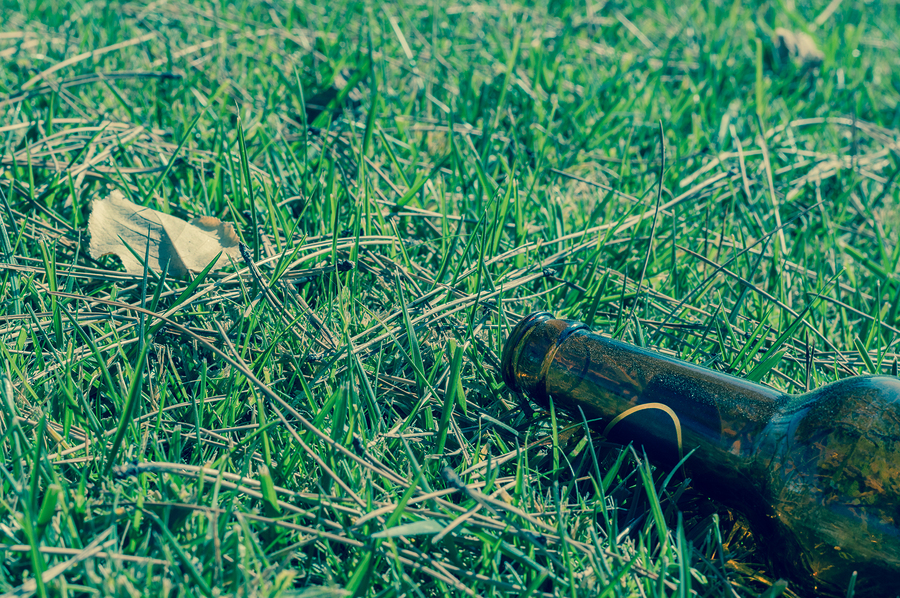Earth Day 2017 is on April 22nd, as it is each year, and is a chance for households, workplaces and schools to do their bit to commit to protecting our planet.
As of April 2017, the campaign has logged over two billion individual ‘Acts of Green’ and is pushing on to its next billion – so how can your home join in saving the world?
- A plastic pledge

Packaging waste is a huge household problem, and cutting down on it has direct benefits in terms of cost and keeping your bins empty for longer.
This is actually a very new problem – in the ten years from 2002-12, we produced more plastic waste worldwide than in the entire 20th century.
It’s also quite easy to take action, by using other materials, reusable containers, and generally doing your best to cut down on the plastic you throw away (and make sure that if you can’t avoid using it, you make sure it goes into a recycling bin).
- Happy homes

You shouldn’t feel guilty every time you turn on a light or switch on your central heating – but you should do your bit to cut down on the carbon footprint of the things we take for granted in our homes.
Energy-saving bulbs, wall and loft insulation and even more mirrors to reflect natural light around your rooms can all cut down on your reliance on artificial light and heating.
Depending on where your home is, it might even be economical to install ground source heat pumps, solar panels or wind turbines to generate renewable energy, rather than drawing it from fossil fuelled power stations via the mains grid.
- Virtuous veggies

You might think steak and bacon are the most delicious things in the world, or you might not, but there’s no escaping the fact that the meat industry generates large amounts of greenhouse gases – much of it out of the back end of a cow.
This is enough to turn some people completely vegetarian, but even if you don’t want to quit meat completely, limiting what you eat and avoiding waste will all help too, and could even have health benefits that help you to live a longer life in full fitness.
- Breathe easy with trees

If you have enough garden space, consider planting a tree (or several, if you want) and when mature, it will help to scrub carbon dioxide from the air, replacing it with oxygen.
As much as 15% of global greenhouse gases are believed to be a result of deforestation and while your one tree won’t replace the entire Amazon, if every household were to plant one – or shrubs, flowers and grass, for that matter – it would go some way towards redressing the balance.
- Less landfill

Reducing the waste your household produces is the most direct measure you can take to avoid sending more rubbish to landfill sites.
But recycling is the next best thing, and especially if you are planning a large refurbishment or redecoration project, consider hiring a skip from a reputable provider.
This makes it easy for you to throw out mixed materials, but the best local skip hire companies will process that waste after collection to recycle what they can, and put the rest to good uses rather than landfill.
